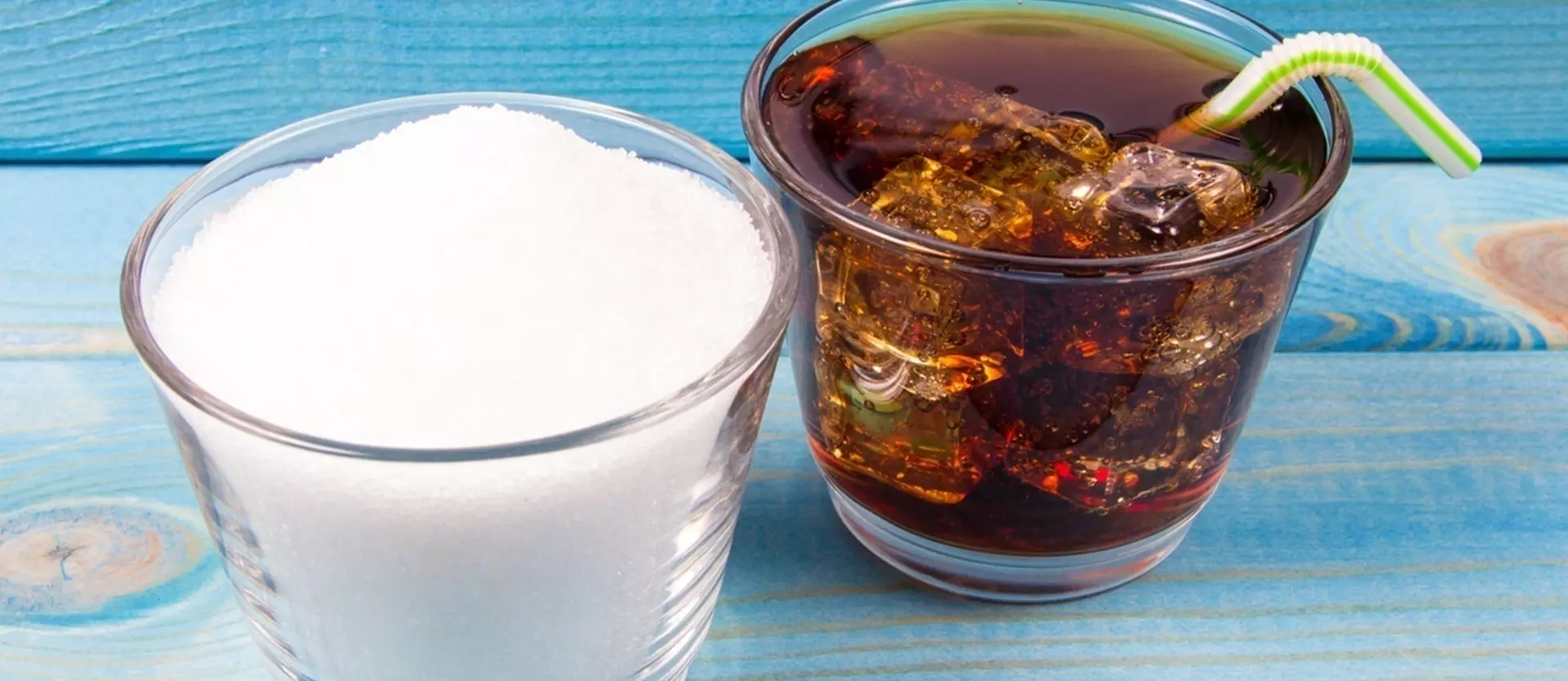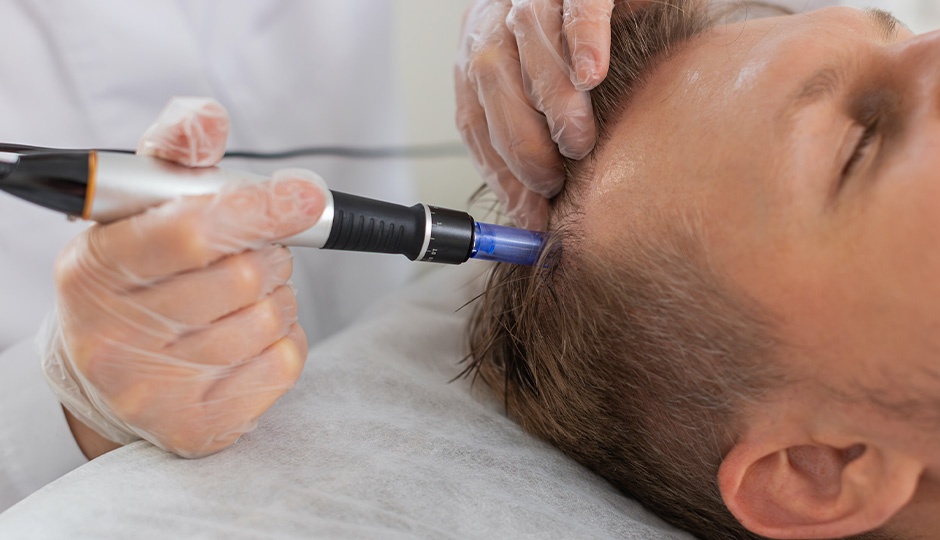You probably know that sugar is bad for you, but did you know that it could be bad for your hair too?
A study conducted in Beijing involving 1,000 men found that those who had more than one daily sweetened beverage of any kind had a 42% increased risk of hair loss. Those who didn’t drink more than this did not exhibit the same risk.
And this isn’t just about sugar either. Researchers taking part in the study found that artificial sweeteners also raised the risk, as did natural sources of sugar, such as fruit juice. In fact, they made note of this in their report. So, it seems that it isn’t just about added sugar – any sweetened drink could potentially lead to hair loss if drunk in significant quantities.
So, Could These Drinks Also Accelerate Hair Loss That Is Already Present?
It does seem there is a link between those with male pattern hair loss and those who drink sugary beverages, whether hot or cold. Remember, your favorite Starbucks coffee could contain more sugar than the average can of cola. It’s not the drink that counts – it’s what’s in it. And, as we have seen, how often you choose to drink it.
Of course, there are many reasons why men and women lose their hair. For some, it’s down to genetics. Guys whose father and grandfather had male pattern hair loss are more likely to experience the same. For others, it could be hormonal hair loss, seen in women going through menopause, for example.
Could Lifestyle Changes Help Slow Down Hair Loss?
If you’re experiencing thinning hair or alopecia, it’s wise to consider why that might be. There are many hair loss solutions you can think about, including a change in diet along with other lifestyle changes. Do you drink a lot of sweetened beverages, whether that’s a sugary morning coffee on your way to work or a can of cola at lunchtime? If so, think about swapping them out for something healthier. If coffee is too bitter without sweetening it, try swapping it out for tea. There are many flavored teas that don’t have added sugar or sweeteners in them, from fruity teas to green teas.
Look at other areas of your life too. For example, stress is known to affect your hair. Telogen effluvium is the most common example of hair loss caused by stress. This occurs when an increased amount of hair moves from the growing phase (anagen) to the shedding phase (telogen). While it’s normal to shed 50 to 100 hairs each day, telogen effluvium could see this triple. Stress is known to trigger the switch between the anagen and telogen phases of the hair, thereby leading you to shed more hair.
Considering the Study in More Depth
While the study is interesting in providing a correlation between increased consumption of sweetened drinks and an increased risk of hair loss, it does not prove that one causes the other (causation). Hopefully, further, and more detailed, research will highlight the connection between the two and how it works.
Yet if you’re searching for hair loss prevention techniques, it does make sense to steer clear of those sugary beverages to see whether it helps. The study did not look at sugar in food, but it would make sense to reduce your overall sugar and sweetener intake as well, to see what effect this might have.
Remember that it can take a few months to see the difference, as any changes to your hair will come from the root. Hence why some people go through a stressful experience and only notice a change to their hair a few weeks later. The same could potentially occur if your hair is affected by sugary beverages, as suggested by the study.
In the meantime, don’t be afraid to chat with a hair professional to see whether there is anything else you can do if you want to stop any hair loss you’re currently experiencing. Styling changes can make thinner hair look better, and a switch in shampoo and conditioner to something milder may also help. They’ve seen and helped many people gain better control of their hair, and that includes helping those who are going through hair loss.
To learn more contact the team at Unique Hair Concepts for an in-person hair and scalp analysis.






